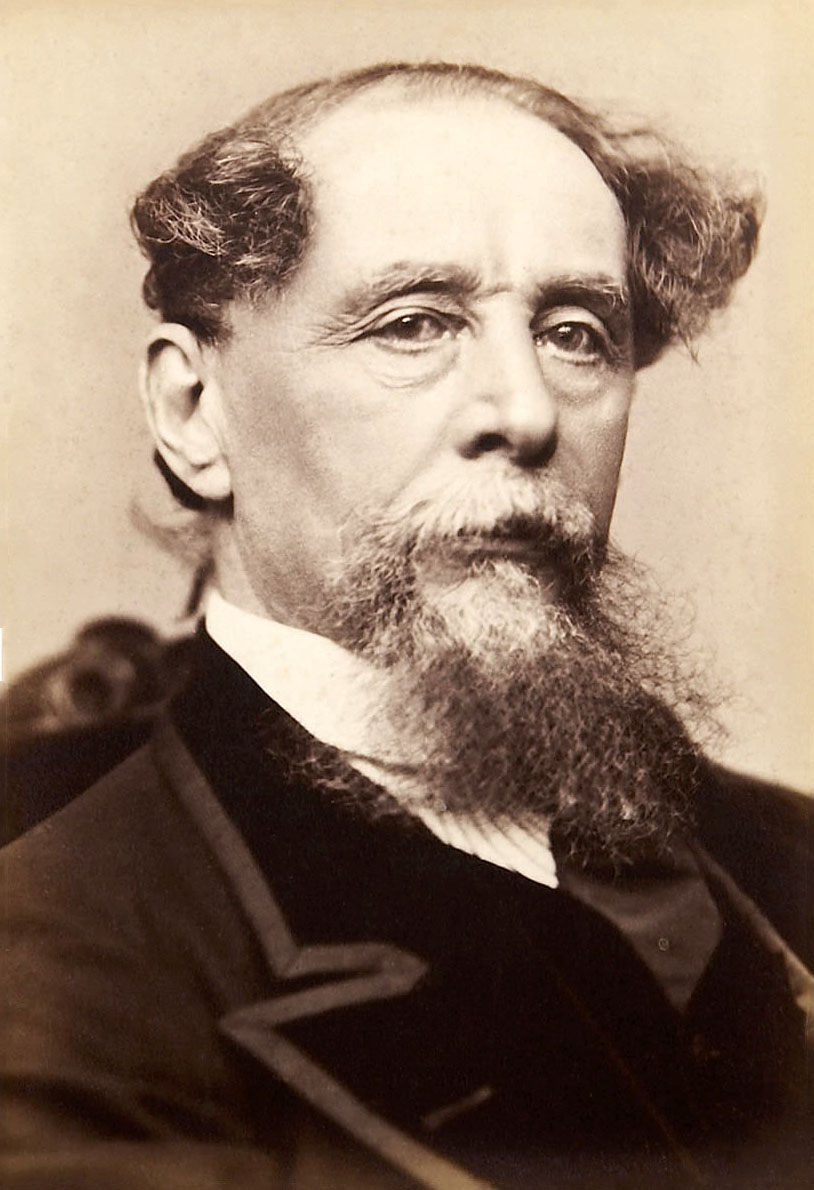Franz Kafka
Writer • 1883-1924
German-speaking Bohemian novelist and short-story writer, widely regarded as one of the major figures of 20th-century literature.

Daily Schedule
What to Learn from Franz's Routine
Kafka's routine is a portrait of creative work under duress. Trapped in a day job at an insurance institute (8 AM to 2:30 PM), he could only write late at night, often until 2 or 3 AM. His sleep was fragmented and insufficient—just 5 hours broken into segments. The afternoon 'rest' (3:30-7:30 PM) was often unsuccessful, leaving him exhausted for his writing sessions. Yet this is when he produced 'The Metamorphosis,' 'The Trial,' and other masterworks. His brief exercise ritual (10 minutes at an open window) and evening walk were desperate attempts to maintain health. The routine reveals the cost of divided attention: Kafka constantly complained of exhaustion, illness, and inability to write as much as he wanted. His letters are filled with anguish about time stolen by his job. Yet the constraint of limited time may have intensified his focus—he had to write, knowing dawn would come too soon. Kafka's routine is a cautionary tale about unsustainable creative practice, but also a testament to the power of dedication: even under terrible conditions, genius finds a way.
Key Takeaways
- •Creative work is possible even with severe constraints
- •Late-night hours can be productive for some creators
- •Insufficient sleep eventually undermines health and work
- •Day jobs and creative work create difficult tensions
Sources
- • Letters to Felice
- • Daily Rituals by Mason Currey
More writing Routines

Maya Angelou
Poet, Author, Civil Rights Activist
American memoirist, poet, and civil rights activist, best known for her series of seven autobiographies.

Victor Hugo
Poet, Novelist, Dramatist
French Romantic writer, best known for Les Misérables and The Hunchback of Notre-Dame.

Charles Dickens
Novelist
English writer and social critic, creator of some of the world's best-known fictional characters.
Similar Routines

Benjamin Franklin
Polymath, Inventor, Founding Father
One of America's Founding Fathers, Franklin was a writer, scientist, inventor, statesman, diplomat, printer, and political philosopher.

Maya Angelou
Poet, Author, Civil Rights Activist
American memoirist, poet, and civil rights activist, best known for her series of seven autobiographies.

Ludwig van Beethoven
Composer, Pianist
German composer and pianist, one of the most admired composers in the history of Western music.

Wolfgang Amadeus Mozart
Composer, Musician
Prolific and influential composer of the Classical period, known for his operas, symphonies, and chamber music.

Charles Darwin
Naturalist, Biologist
English naturalist whose theory of evolution by natural selection became the foundation of modern evolutionary studies.

Pablo Picasso
Painter, Sculptor
Spanish painter, sculptor, and co-founder of Cubism, one of the most influential artists of the 20th century.